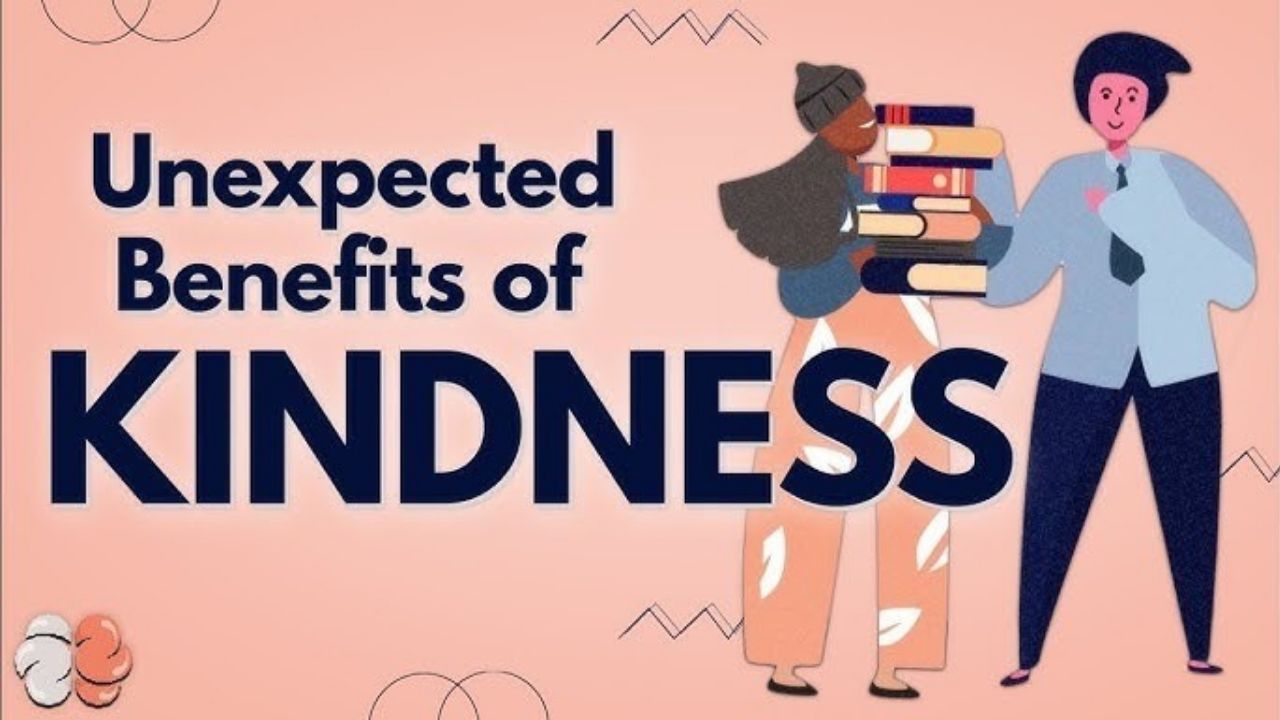The Pros and Cons of Being Kind

Kindness is one of the most powerful forces in the world. It has the ability to uplift, heal, and connect us in ways that few other things can. It’s the small, everyday gestures – like a warm smile, a thoughtful word, or a helping hand – that often have the most profound impact. Kindness is more than just a moral choice; it’s a strength that can transform lives, deepen relationships, and even change the course of a community.
But like any strength, kindness comes with its own set of challenges. It requires emotional openness, resilience, and a commitment to making the world a better place, even when it’s not always easy.
If you’re looking to improve your kindness practice, here’s some insight into how you can harness its power while protecting your own well-being.
The Pros of Being Kind
- Improves Mental Health – Acts of kindness can release feel-good hormones like serotonin and oxytocin, reducing stress and boosting overall well-being. It’s a natural mood lifter.
- Builds Stronger Relationships – People are naturally drawn to those who are kind. It fosters trust, deepens connections, and creates a more supportive social network.
- Promotes a Positive Workplace Culture – In professional settings, kindness can lead to more collaborative, creative, and supportive work environments. It can also reduce turnover and increase job satisfaction.
- Creates a Ripple Effect – Small acts of kindness can inspire others to pay it forward, creating a chain reaction of positive behavior.
- Fosters Personal Growth – Choosing kindness often means developing patience, empathy, and emotional resilience, helping you grow as a person and a leader.
The Cons of Being Kind (and How to Avoid Them)
- Potential for Burnout – Constantly putting others before yourself can lead to emotional exhaustion or compassion fatigue.
- Can Be Perceived as Weakness – In competitive or high-stakes environments, kindness can sometimes be mistaken for a lack of assertiveness or strength.
- Risk of Being Taken Advantage Of – Some people may see kindness as an opportunity to exploit your generosity or goodwill.
- Boundary Challenges – It can be difficult to find the balance between being kind and setting healthy personal boundaries.
- Emotional Vulnerability – Being kind often requires emotional openness, which can make you more susceptible to disappointment or heartache.
Finding the Balance
Kindness is a powerful choice, but it doesn’t have to come at the cost of your own well-being. It’s about lifting others without losing yourself, about building connections without compromising your values. Choose kindness not just as a way to make others feel better, but as a way to strengthen your own heart and mind.
Conclusion: The Power of Intentional Kindness
Ultimately, kindness isn’t about being perfect or self-sacrificing. It’s about choosing to see the humanity in others, even when it’s challenging. It’s about lifting others without losing yourself. So, as you move through your day, remember that small acts of kindness can leave lasting impressions – both on others and on yourself.
Every act of kindness is a small step toward a brighter world. Choose kindness not just because it makes the world better, but because it makes you better.